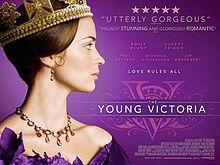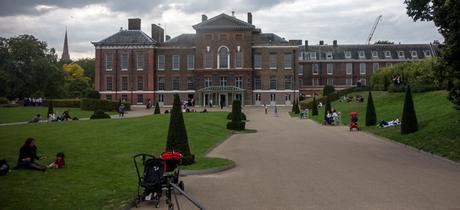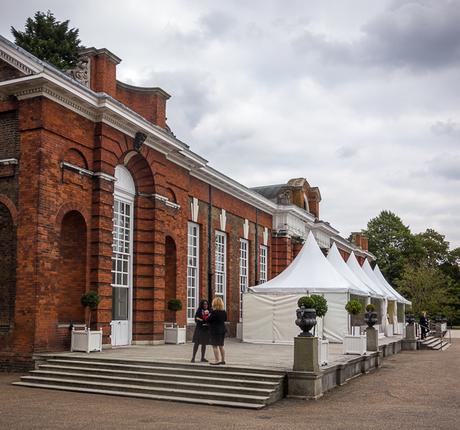 Welcome to British Isles Friday! British Isles Friday is a weekly event for sharing all things British — reviews, photos, opinions, trip reports, guides, links, resources, personal stories, interviews, and research posts. Join us each Friday to link your British-themed content and to see what others have to share. The link list is at the bottom of this post. Pour a cup of tea or lift a pint and join our link party!
Welcome to British Isles Friday! British Isles Friday is a weekly event for sharing all things British — reviews, photos, opinions, trip reports, guides, links, resources, personal stories, interviews, and research posts. Join us each Friday to link your British-themed content and to see what others have to share. The link list is at the bottom of this post. Pour a cup of tea or lift a pint and join our link party!
Last week, Heather visited Cardiff Castle, Sim visited Bekonscot Model Village & Railway near London back in the 1950 (but it’s still a destination today!), and Beck reviewed two books, At The Back of the North Wind by George MacDonald and The Children of Hurin J.R.R. Tolkien and Christopher Tolkien.

“Overprotected” doesn’t begin to describe the childhood of The Young Victoria, heir to the throne of Great Britain. Under the “Kensington System” developed by her mother’s comptroller, John Conroy, Victoria was never alone. Her interactions with other people, including children, were strictly controlled. She wasn’t even allowed to walk up and down stairs without someone holding her hand.
The rules and restrictions were designed to keep Victoria safe but also dependent on her mother, in the hope that she and Conroy would one day be the power behind the throne. If King William IV obliged them by dying before Victoria was 18, then her mother might have been named regent, making that power even more of a stronghold.
The Kensington System pissed young Victoria off, though, so the whole thing backfired. King William IV lived long enough that Victoria could take the throne in her own name. Her romantic relationship with Prince Albert and their wedding gave Victoria all the cover she needed to rid herself of the influence of her mother and Conroy.
The Kensington System was named for the palace in London where Victoria lived during her growing-up years. Kensington Palace continues to be a royal residence, housing Prince William and his growing family among others. The State Rooms are open to the public. When we were in London last fall, Kensington Palace hosted an exhibit called Fashion Rules that is still ongoing. We aren’t so interested in fashion, so we skipped that.

We love old greenhouses, so we were more interested in The Orangery, a conservatory built on the grounds of Kensington Palace for Princess (later Queen) Anne in 1704 and 1705. We might have had afternoon tea there, but it was closed for a private event. Instead, we got to speculate who might be showing up for a party that night and talk with a security guard who, ever so politely, kicked us off the grounds when it was time to clear the area ahead of the arrival of party-goers.

I’m more partial to costume dramas than Rick, but even he managed to stay awake through The Young Victoria, appreciating most the developing relationship between Victoria and Albert and the impact their romance had on the politics of a nation.
The Young Victoria is the most recent film I’ve watched simply because it was written by Julian Fellowes, creator of Downton Abbey. I’ve also seen in recent weeks Gosford Park (which we liked) and Separate Lies (which I didn’t review — good film but it made us both grumpy to watch).
Have you seen Young Victoria? Did you learn more about the lives of the British nobility from that film?
